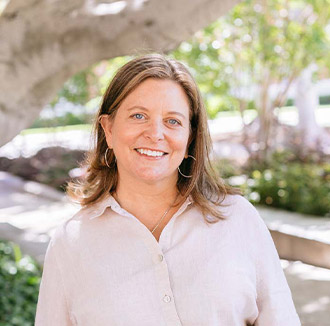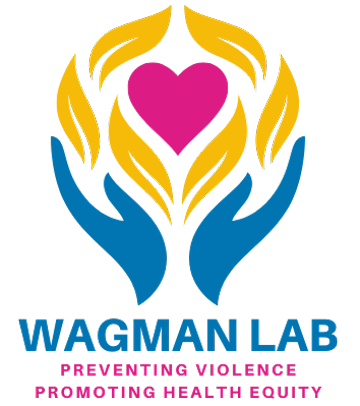
Uganda has one of the highest rates of alcohol use in sub-Saharan Africa but limited research has been conducted to estimate the precise prevalence and correlates of drinking throughout the country, including in the Rakai region, one of the earliest epicenters of the HIV/AIDS epidemic in East Africa.
Research from other settings has found that alcohol is consumed more often by men, but women who drink tend to consume larger quantities (than men) and have increased risk for alcohol-related harms, including intimate partner violence (IPV) victimization and HIV infection. Research has also found that men who consume alcohol, particularly at problematic levels, are more likely to perpetrate IPV, compared to men who do not drink.
Some of the highest rates of alcohol use and HIV infection in Uganda’s Rakai region occur in the fishing villages along Lake Victoria. Both men and women report heavy alcohol consumption in fishing areas but little is known about the way in which alcohol use contributes to risk for experiencing or perpetrating IPV in these settings. Further, there are no alcohol or IPV-focused services or prevention efforts available in Rakai’s fishing communities; and none of the existing HIV care and treatment services address experiences of violence or alcohol use.
In partnership with researchers from the Rakai Health Sciences Program, we are conducting survey and qualitative research to understand the relationships between alcohol use, violence and HIV risk and infection in the Rakai region, and design and test combination prevention programming. Rakai Health Sciences Program is one of the oldest and most well established HIV and reproductive health research and service provision organizations in Uganda and East Africa.

Research Aims
Aim 1:
Conduct foundational research to estimate most current prevalence and determinants of use of alcohol among men and women in Rakai.
Aim 2:
Longitudinally examine the temporal relationship between alcohol, IPV and HIV infection and elucidate the direction of these associations.
Aim 3:
Conduct qualitative research to design a combination alcohol and IPV screening and brief intervention (SBI) for implementation within Rakai Health Sciences Program’s standard HIV care and testing procedures.
Aim 4:
Pilot test the refined Alcohol-IPV-HIV SBI among men and women in a fishing community in Rakai to assess its feasibility.
Funding Source
NIAAA (K01AA024068)
Private donation
Resources
Rakai Health Sciences Program: https://www.rhsp.org/
Rakai Health Sciences Program 2018 Status Report
Prevalence and correlates of men’s and women’s alcohol use in agrarian, trading and fishing communities in Rakai, Uganda
https://pubmed.ncbi.nlm.nih.gov/33125397/
Perspectives of Women Living With HIV on Addressing Violence and Use of Alcohol During HIV Services: Qualitative Findings From Fishing Communities in Uganda
https://pubmed.ncbi.nlm.nih.gov/34139908/
Alcohol use in fishing communities and men’s willingness to participate in an alcohol, violence and HIV risk reduction intervention: qualitative findings from Rakai, Uganda
https://pubmed.ncbi.nlm.nih.gov/30957702/
“The Bottle Is My Wife”: Exploring Reasons Why Men Drink Alcohol in Ugandan Fishing Communities
https://pubmed.ncbi.nlm.nih.gov/31570062/
For More Information
Jennifer Wagman: jennwagman@ucla.edu
Research Team

Jennifer A Wagman, PhD, MHS
Co-Principal Investigator
UCLA, Fielding School of Public Health
jennwagman@ucla.edu

Godfrey Kigozi, MBChB, MPH, PhD
Co-Principal Investigator
Rakai Health Sciences Program
gkigozi@rhsp.edu


For More Information
Jennifer Wagman: jennwagman@ucla.edu
